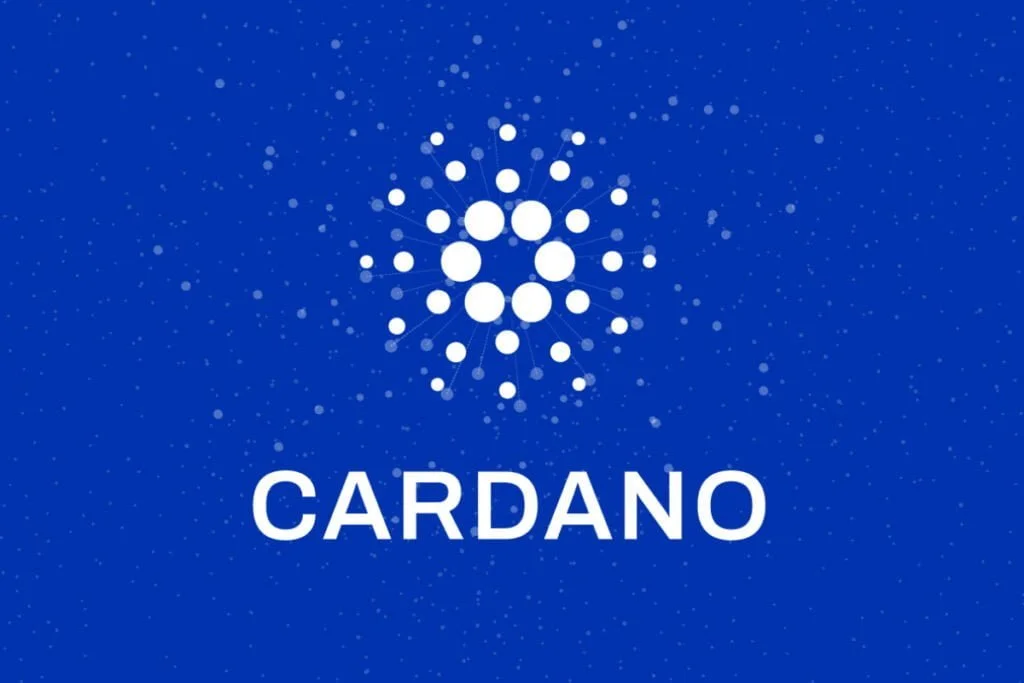As of February 3, 2023, there were 5,006 smart contracts written with Plutus and currently executing on Cardano.

The Cardano (ADA) network had a significant upgrade in September 2021, adding smart contract features and allowing the blockchain to handle transactions more efficiently and quickly. Despite a fall in Cardano’s price in 2022, the network’s growth continued into 2023.
The September hard fork of Vasil, in particular, set the stage for the quick creation of Plutus Scripts, a Cardano-based smart contracts platform. Interestingly, the number of smart contracts on the network surpassed 4,000 on December 3 and has since risen to 5,000, according to statistics obtained by Finbold from Cardano Blockchain Insights.
Significantly, the number of smart contracts on this blockchain initially reached 1,000 on January 28, 2022, implying that the network added 4,000 Plutus-based smart contracts in just over a year.
Furthermore, the Alonzo upgrade enabled the network to create a decentralized finance (DeFi) application development platform while also providing programmability to the developer community. Despite previous network improvements, the adoption of smart contracts marked a watershed moment for the blockchain ecosystem.
Notably, the Cardano foundation tweeted on February 3 that its on-chain numbers revealed in January that it “continues to experience increases in transactions leveraging smart contracts and metadata.”
Cardano placed second among the top smart contract crypto projects by staking market cap in February 2023, with a valuation of $10.4 billion.
The team has been working hard recently, focusing on increasing script capacity, finishing the Plutus Debugger MVP, and guaranteeing the full implementation of Babbage support in the Plutus tools before the official release.
